History
At the foot of the Matesian mountain, near the Alpheus River and between Matesi and Theisoa there was the ancient city Lykoa with two rivers Mylaon and Nous (current Soultina or Matesian river). The Parassians had developed considerable trade with the Phoenicians around 1200 BC and took part in the Trojan War, led by Agapinoras after having contacted through Alpheus River the residents of Mount Lykaion and were joined in a race. The Parassians,sometime later, were forced to move in Megalopolis for unknown reasons, so that the country was devastated and cities were dragged through the Matesi was built in the place that we know it today in the Middle Ages. There are different versions about the origin of the name "Matesis: - The first traditional version tells us that the name comes from the Byzantine family MATHESI living in Tripes of Minthi. During Byzantine times,Minthians and Mantheans could not stand the successive droughts, malaria and hunger. Also they could not coexist with the Slavs who came in 6th AD century and the Albanians who had built by that time the cities Alvaina and Arvanokastro at the area. So, they dispersed to various locations, and someone from the Mantheans family came and settled near the river Mylaon close to the bank of the Alpheus River (near the present site of Matesi). Then the presence of the Franks, who came in 1205 AD, was responsible for the change of the pronounciation of the word so that the name Manthaios became Mathaios, Mathes, Mates, Mathessis, Mathessi. According to the "Olympics" of Ag. Tselalis that was how the Matesis names resulted. - According to another version Matesi was a village, estate and property of the Byzantines. It is mentioned in maps from 1300 AD as a village and castle with the names Matesi, Matis and Matisi. In his book, "History of Olympia", John Kosmopoulos says that in 1373 the Emperor Paleologos Emmanuel came to Peloponnesus and found out that the hole area was occupied by original Greek, a f The first appearance of Matesi as a registered village with residents is in census tables of 1689 which were carried out by the Venetian authorities, who were then in charge of the western Peloponnese. Matesi was indicated as a village which belonged to Fanari province and had 124 inhabitants. The next survey at around 1879, after the Greek State had been founded, tells us that Matesi had 474 residents.
In recent years, Matesians were always taking part in all the liberation struggles of the nation. When there was peace, village life had gone smoothly with the main Matesians to deal with agriculture and animal husbandry. During the start of 2nd World War , Matesians fought alongside other Greeks in courage and sacrifice for their ideals and their homeland, defying the danger and the size of the enemy. After the collapse of the Front and the occupation of our country by the Germans, hunger made its first signs in major urban centers and the emigrated Matesians moved back to the village. The numbered Matesi held approximately 600 people by that time, trying to survive by cultivating the rocky fields of the village. The Matesians managed to pass the German yoke, without directly at risk from hunger. * The Chronicle History comes mainly from the book " Matesi - Legends, Tales and Traditions " by Thanasis Spiropoulos issued by the Association of Matesians in 1994. |
|
||||||||||||||||||||
|---|---|---|---|---|---|---|---|---|---|---|---|---|---|---|---|---|---|---|---|---|---|
|
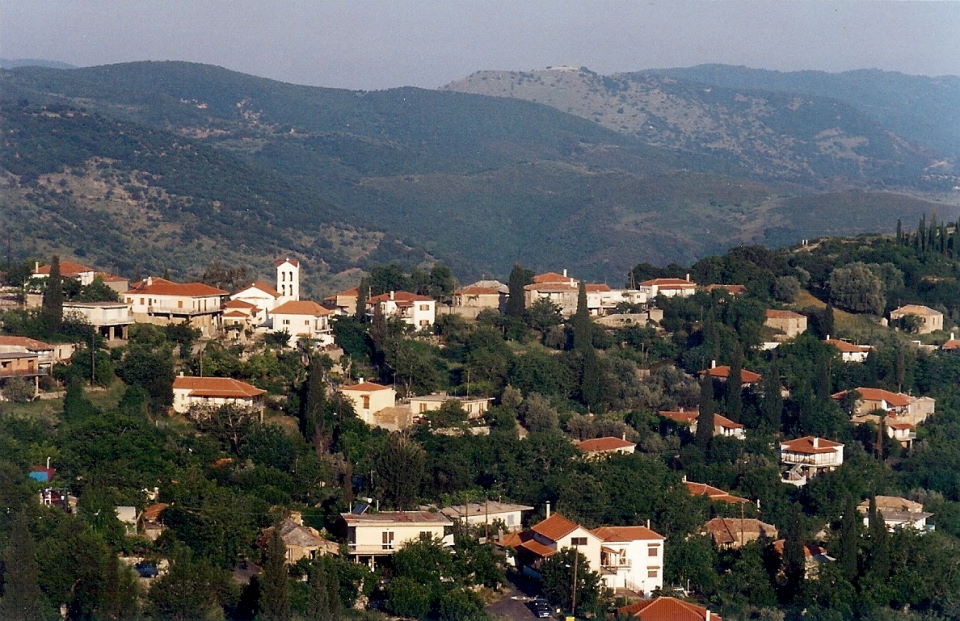 |


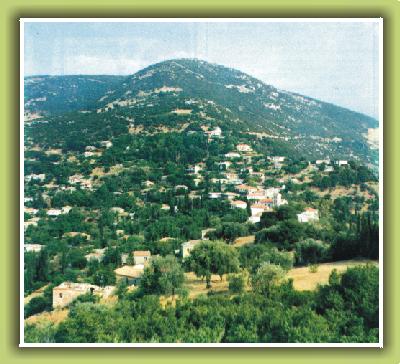
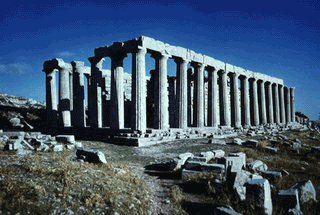 years by Alpheus River. At various locations in Matesi there were found pottery and other findings dating from antiquity. It is very likely in that region to exist other important finds of ancient civilization as it is situated a few kilometers away from Andritsaina and the Temple of Apollo Epikourios.
years by Alpheus River. At various locations in Matesi there were found pottery and other findings dating from antiquity. It is very likely in that region to exist other important finds of ancient civilization as it is situated a few kilometers away from Andritsaina and the Temple of Apollo Epikourios.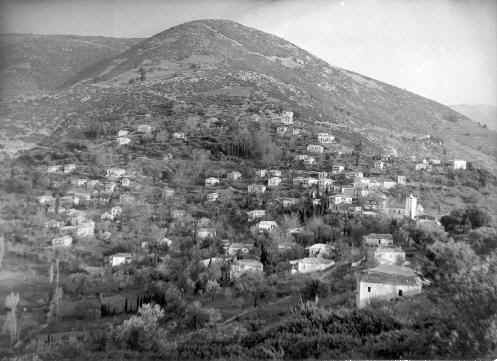 ew other Gypsy Slavs and Albanians which the Maouil Catacuzenus in 1330 placed as guards in the area of Trifilia and a village called Matesi.
ew other Gypsy Slavs and Albanians which the Maouil Catacuzenus in 1330 placed as guards in the area of Trifilia and a village called Matesi. 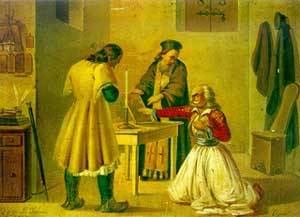 During the dark years Ottoman Empire, Matesians where very oppressed by the Turkish authorities.One of the gratest local heroes , fighter against the Ottomans, was Agriogiannis who was finally killed by the authorities for his actions and his headless body was found in 1984 by the new church of Agia Paraskevi.
During the dark years Ottoman Empire, Matesians where very oppressed by the Turkish authorities.One of the gratest local heroes , fighter against the Ottomans, was Agriogiannis who was finally killed by the authorities for his actions and his headless body was found in 1984 by the new church of Agia Paraskevi.